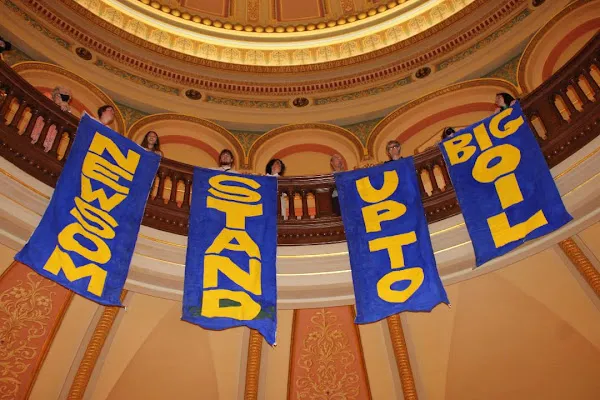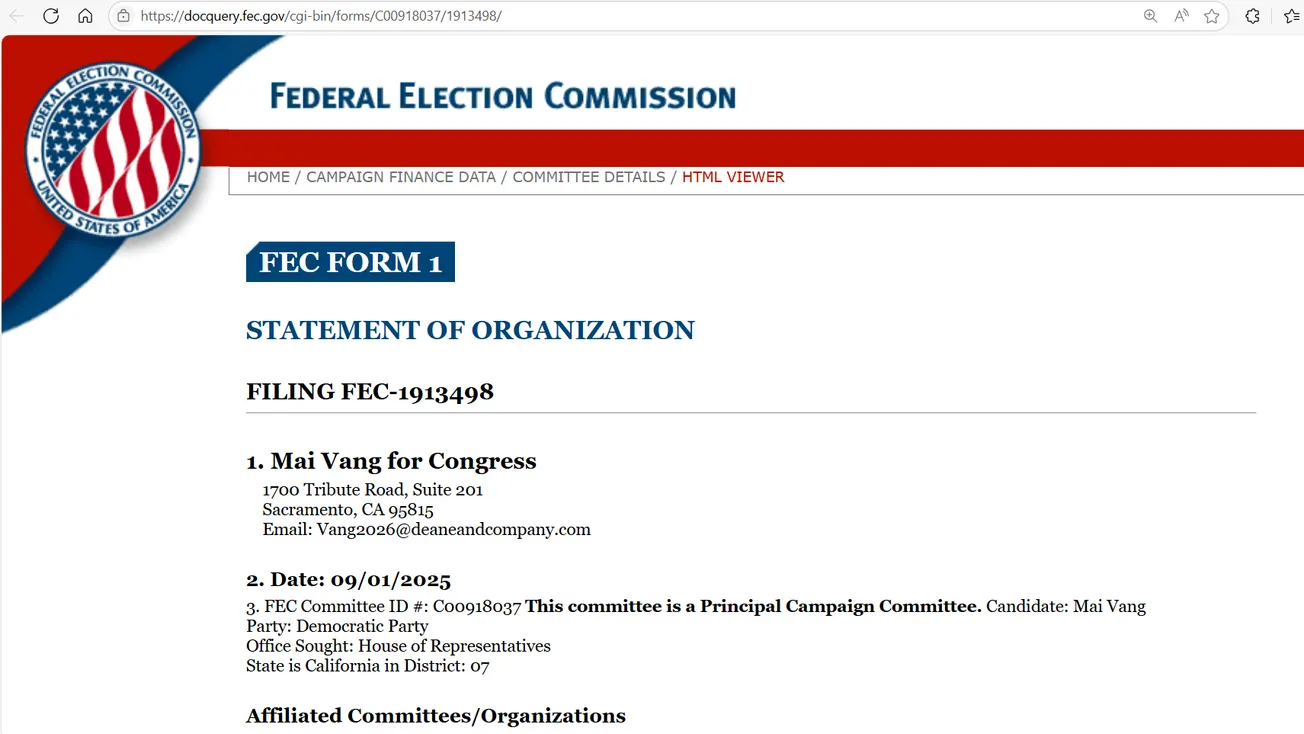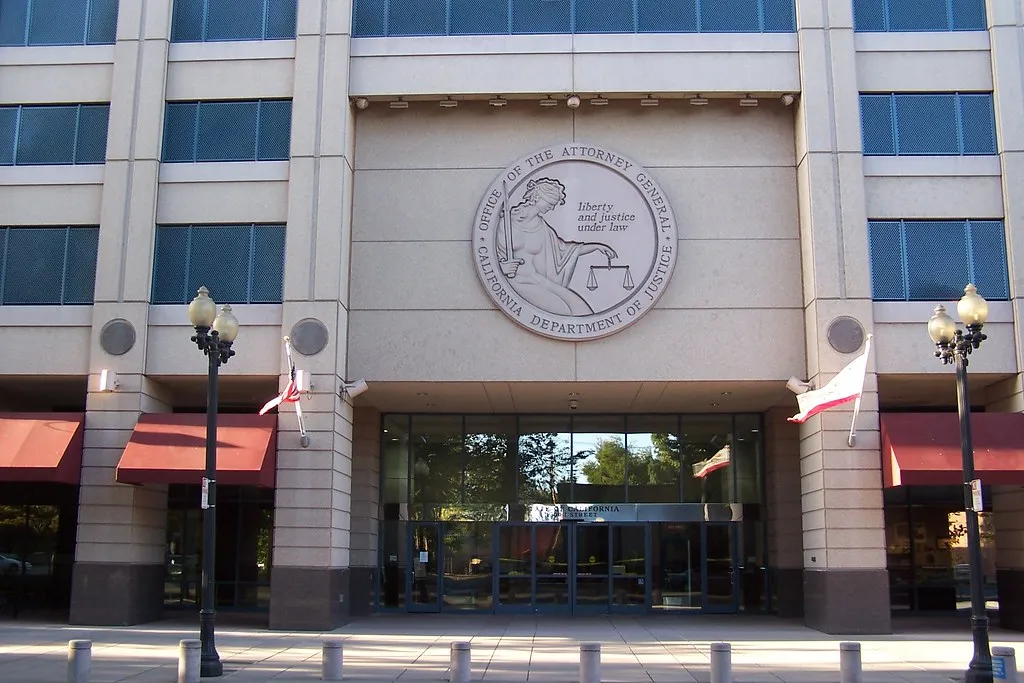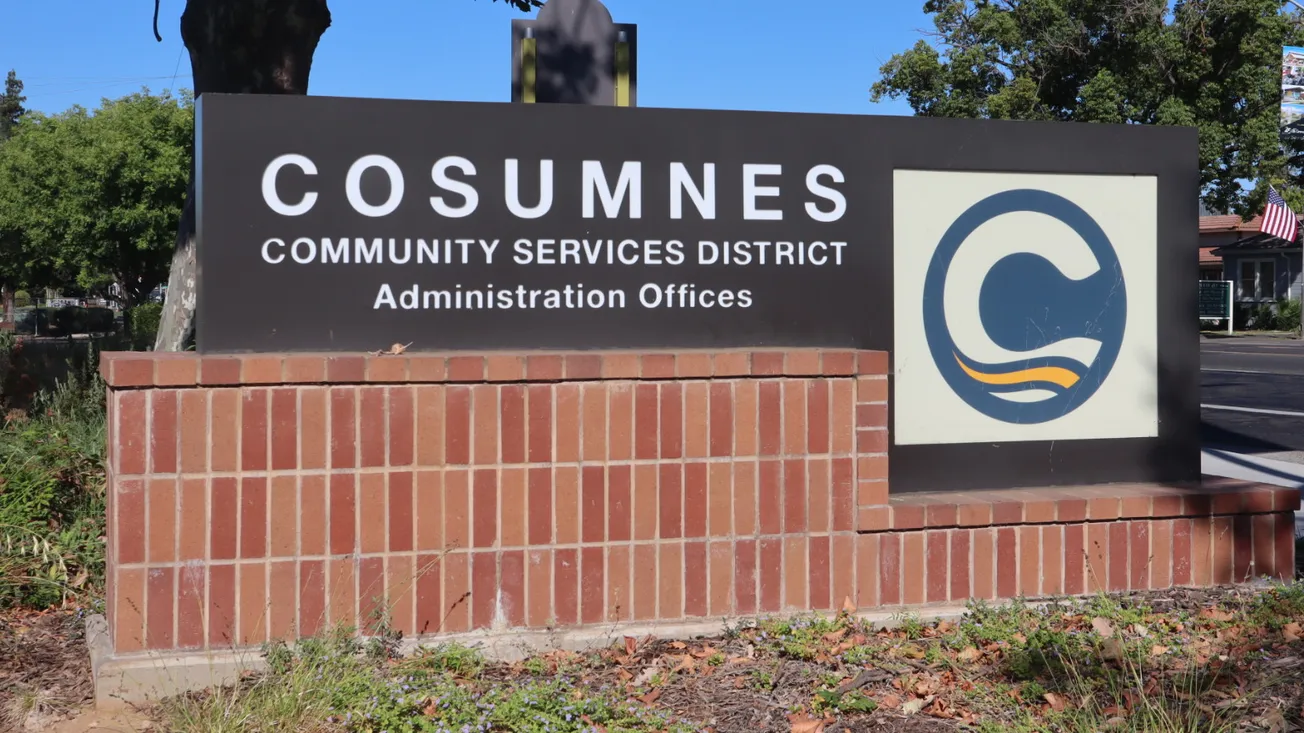Table of Contents
In a proposed update to a management plan for the Sacramento and San Joaquin Rivers and their shared Delta, the State Water Resources Control Board has “finally acknowledged” California’s water supplies are oversubscribed by 500%, according to a press statement from the California Water Impact Network.
“Aimed at protecting water quality and fisheries, the Board’s Phase II Flow Update stipulates flow volume and temperature targets for the Bay-Delta,” the group said. “The Sacramento-San Joaquin Delta is the export point for both the State Water Project and the federal Central Valley Project, the massive water conveyance systems that send water to South State agribusiness operations and cities.”
“This update differs from past plans and policy revisions in one very important way,” said Carolee Krieger, the executive director of the California Water Impact Network, an organization that litigates for equitable water distribution.
“For the first time, the Board explicitly acknowledges what we’ve been saying for more than two decades,” Krieger continued. “Our work is predicated on the fact that California water rights claims exponentially outstrip supplies. That makes it impossible to craft and enforce workable water policy, ultimately leading to overcharged and underserved ratepayers, a devastated environment, and collapsing fisheries.”
The acknowledgement takes place at a time when the San Francisco Bay-Delta Estuary is in its worst ecological crisis in history, largely due to the oversubscription of water in California.
Sacramento River fall-run Chinook salmon salmon populations, along with the Klamath/Trinity salmon runs, have collapsed, resulting in the closure of ocean and river salmon fishing in California last year and probably again this year.
Massive water diversions south of the Delta to agribusiness oligarchs and water brokers and abysmal state and federal water management of reservoirs and Central Valley rivers have also pushed endangered Sacramento River winter-run and spring-run Chinook salmon closer and closer to extinction.
Meanwhile, endangered Delta smelt are now virtually extinct in the wild. Zero Delta Smelt were collected in the CDFW’s Fall Midwater Trawl Survey for the sixth year in a row in 2023: www.dailykos.com/...
In its proposed update, the Board notes total appropriative water rights amount to five times the “average unimpaired outflow for the entire Bay-Delta watershed…”
In other words, said Krieger, “There is a 500% disparity between the water that is claimed and the water that exists. In a 1994 report on the financing of the State Water Project for the California State Library, researcher Dennis O’Connor coined the term ‘paper water’ to describe this phantom water that is found in legal and government documents but not in our reservoirs and rivers. It’s fantasy water – a complete fabrication. And yet, it’s foundational to the catastrophic policies of both state and federal water project managers.”
Among other misguided applications, Krieger said paper water has been used to justify expansion of the State Water Project to the so-called coastal branch, an aqueduct that was completed in 1997 to service South Coast ratepayers in San Luis Obispo and Santa Barbara Counties.
“Since its completion, the Coastal Branch has never provided its target supplies,” said Krieger. “Ratepayers have seen their water bills skyrocket because they have to service the debt incurred to build the project, but they’ve never seen full deliveries of their promised water. They’ve been left high and dry both literally and economically. We need to establish “safe yield” policies that recognize the limits of water supply, the rights of all stakeholders – including ratepayers – and the necessity for environmental protection.”
Now that the State Water Board has finally recognized the profound disparity that exists between water claims and actual water supplies, the agency has a legal and civic obligation to pursue policies in line with that reality, according to Krieger.
“For decades, SWRCB has functioned as an enabler of unsustainable water consumption by corporate agriculture rather than a regulator of a finite and essential public trust resource,” she stated. “We all know that water tends to flow toward political influence — but it’s the job of the Board to resist that dynamic.”
“It must stop ‘distributing’ water that doesn’t exist simply because such a policy favors the powerful and politically connected. We applaud the Board’s acknowledgement of the problem. Now it needs to do something about it. Viable and equitable solutions exist, including conservation, stormwater capture, groundwater recharge, the development of local sources, and limited desalination. They must be implemented,” Krieger concluded.
You may not like us, but here you are!Follow us on Threads @ElkGroveNewsnetFollow us on Twitter @ElkGroveNewsFollow us on Spoutible @ElkGroveNews
Follow us on YouTube @ElkGroveNews
Copyright by Elk Grove News © 2024. All rights reserved.








